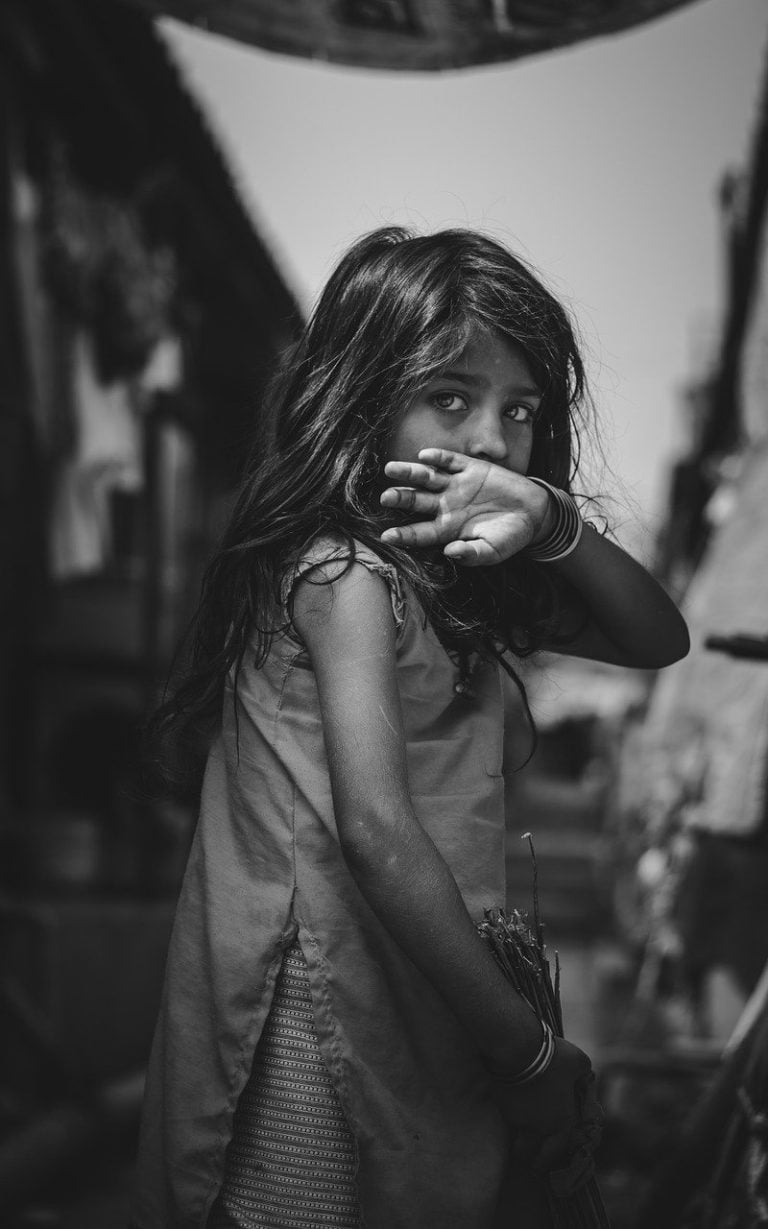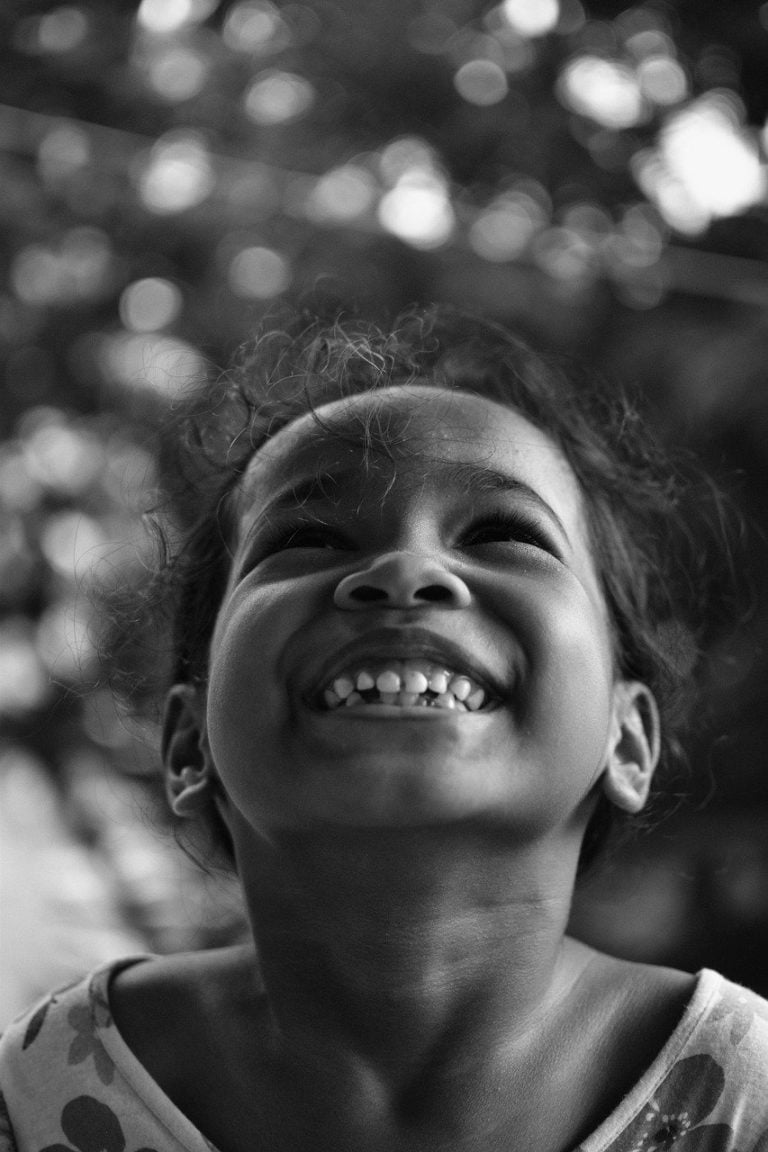The Indian constitutional framework guarantees equal treatment of males and females. Since the time being, females have been subjected to discrimination on many grounds. This prevents them from receiving the same opportunities and further acting on those opportunities. This process of discrimination pervades all areas- individual, societal, and community level. This is further accentuated by India’s skewed sex ratio. In India, for every 1000 males, there are 991 females (NFHS-4). While times are now changing and women are now dominating all spheres, the other side of the reality is far astray. A girl child will be empowered only when women are empowered and viva-voce. Women’s empowerment, independence, and feminism are all great movements aimed at providing women with equal opportunities.
The Government of India has set up ‘Mahila Shakti Kendras’ to provide empower and provide rural women with opportunities for skill development, employment, digital literacy, health, and nutrition”.
Educated girls are more likely to stand up for and take a stance for themselves. In India, 68.4% of women are illiterate as compared to 85.7% of men. A mere 35.7% of women have completed 10 or more years of schooling (NFHS-4). The Government of India launched the ‘Beti Bachao, Beti Padhao’ scheme which aims to prevent gender-biased sex selective elimination, ensures survival and protection of the girl child, and ensures education and participation of the girl child. With the progressive change in the socio-economic fabric of the country, more women are leaving their homes in search of employment.

Employed women will tend to be more financially exclusive. Government of India has started working women hostels to promote the availability of safe and conveniently located accommodation for working women with daycare facility for their children. A Support to Training and Employment Programme for Women (STEP) has been initiated to enhance employment among women.
Despite the progressions, females continue to face domestic abuse. An astonishing 31.1% of ever-married women have experienced spousal violence out of which 3.1% of ever-married women have experienced violence during any pregnancy (NFHS-4). Many incidences of violence may go unreported due to low awareness, hesitation to report, or any other reason. One-Stop Centres (OSCs) by the Government of India are intended to support women affected by violence, in private and public spaces, within the family, community, and at the workplace. The Scheme of Universalisation of Women Helpline is intended to provide 24 hours immediate and emergency response to women affected by violence.
There has also been a consistent unmet need for family planning. 12.9% married women aged 15–49 years had an unmet need for family planning and 5.7% faced an unmet need for spacing (NFHS-4). Only 57.6% of women aged 15-24 years use hygienic methods of protection during their menstrual period. Adolescent pregnancy, the resultant of child marriage, poses a great psychological and biological stress on the girl child. In India, 7.9% of women aged 15-19 years were already mothers/pregnant at the time of the NFHS-4 survey. Trafficking of women and children for forced marriage or commercial sexual exploitation is an organized crime. Women belonging to poor households and living in a lack of protective environment are more prone to trafficking. UJJAWALA is a comprehensive scheme by the Government of India for the prevention of trafficking and rescue, rehabilitation and reintegration of victims of trafficking and commercial sexual exploitation.
While 84% currently married women usually participate in household decisions, 53% of women have a bank or savings account that they use and 45.9% of women have a mobile phone that they use (NFHS-4). So, for girls to become empowered and grow up to become strong, independent women, it is a pre-requisite for them to be able to access education and employment equally. Their family planning needs should be met and trafficking, abuse, exploitation, and forced marriages, and pregnancy should not be tolerated at all.

Aastha Nishtha Foundation believes that we must take significant steps to protect, educate, and celebrate the girl child, we must empower her. By empowering our country’s daughters we empower our nation!
For regular updates about our campaigns and services provided to underprivellage children. We would love to connect with you.
Copyright @ 2020 Aastha Nishtha Foundation. All Rights Reserved. Design and Developed by Themes Glance
